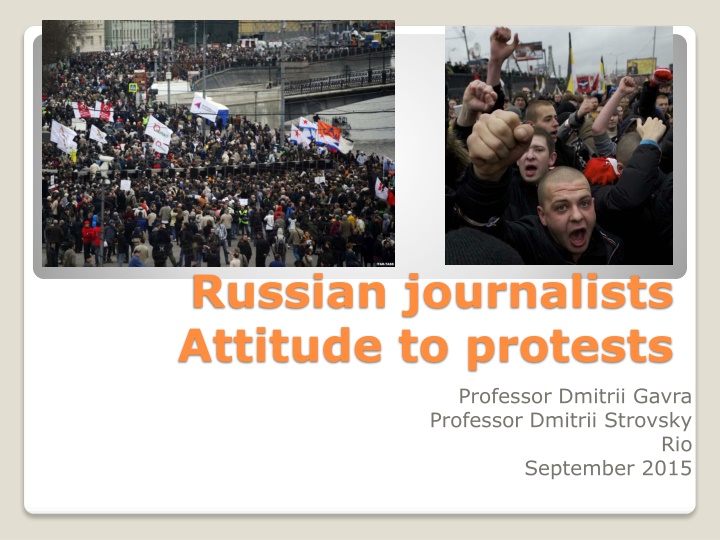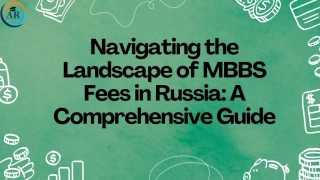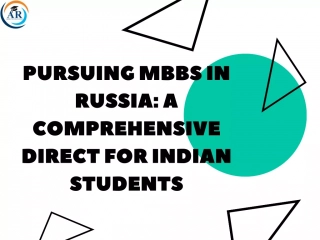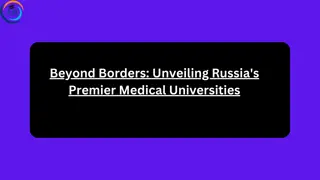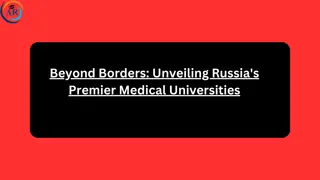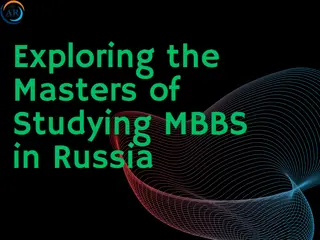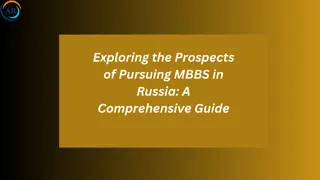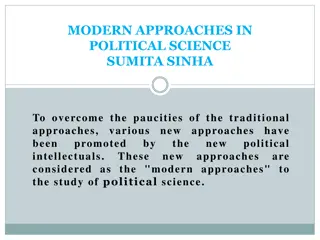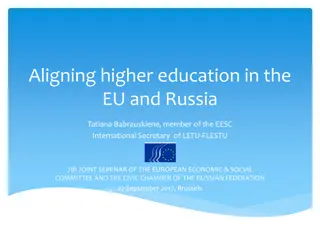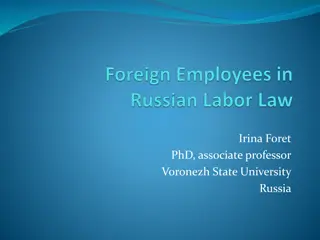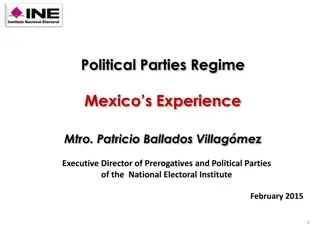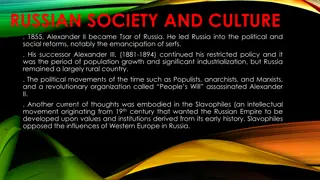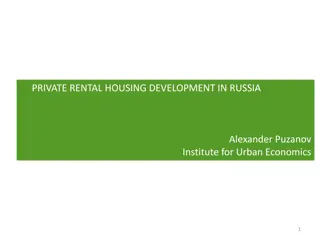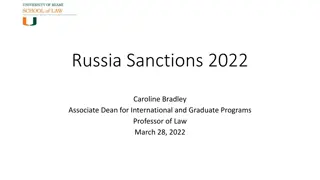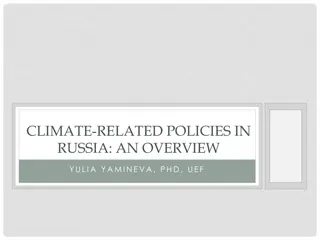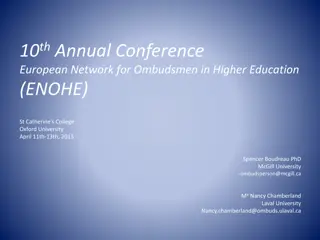Evolution of Political Protests in Modern Russia: A Historical Overview
This article provides an in-depth analysis of the evolution of political protests in modern Russia from 1990 to present. It discusses the attitude of Russian journalists towards protests, basic concepts of political protest in modern political science, myths surrounding protests in Russia, and the five stages of protest movements in the country. The article explores key moments, including mass democratic demonstrations against the Communist party reign, political protest against President Yeltsin, growth of workers' strike movement, and mass protests against various reforms and authorities. It concludes with the significant protests following the 2011 parliamentary elections in Moscow.
Download Presentation

Please find below an Image/Link to download the presentation.
The content on the website is provided AS IS for your information and personal use only. It may not be sold, licensed, or shared on other websites without obtaining consent from the author.If you encounter any issues during the download, it is possible that the publisher has removed the file from their server.
You are allowed to download the files provided on this website for personal or commercial use, subject to the condition that they are used lawfully. All files are the property of their respective owners.
The content on the website is provided AS IS for your information and personal use only. It may not be sold, licensed, or shared on other websites without obtaining consent from the author.
E N D
Presentation Transcript
Russian journalists Attitude to protests Professor Dmitrii Gavra Professor Dmitrii Strovsky Rio September 2015
Basic understanding of political protest in modern political science Collective action aimed at changing the system of representative and\or executive power, the policy of the state or the relations between citizens and the state in general (Jenkins , Klandermans, 1995)
Some myths about protests in modern Russia Protests in Putin s Russia have no tradition. Protests are week, fragile, underdeveloped, fragmented Protests are basically from liberal side of political spectrum Political opposition organizing protests claims democracy, civil rights, press freedom, etc.
Five stages of protest movement in modern Russia (1990 2015) 1 stage 1990 1991 Mass democratic demonstrations and social movements against Communist party reign and the strike movement of workers. The most numerous public actions in the history of modern Russia.
The second stage (1992 1993) political protest of the communist opposition against President Yeltsin with mass political mobilization of October 1993. The scale of protest less than in the previous period.
The third stage (1994 -2004) The growth of the workers strike movement Low level of political protest. Putin s consensus
The fourth period (2005 -2010) Rebirth and growth of political protest Mass protests of old age pensioners against Putin s monetization social reforms 2005 Protest of the car owners 2007-2010 Ecological protests 2007 2010 Protest in the Rissian regions against local authorities Protest of the Russian nationalists
Finally, the fifth period since 2011 Following the December 4, 2011 parliamentary elections, thousands of Muscovites took to the streets to protest reports of electoral fraud. Within the week, protests calling for fair elections had spread to other large Russian cities; over 30,000 citizens pledged virtual support for the opposition on Facebook; and the street-based protests attracted a diverse range of discontented citizens.
Finally, the fifth period since 2011 Young urban professionals marched alongside pensioners and intellectuals, and the ideological spectrum ranged from liberal and communist to nationalist and monarchist. Official police estimates suggested 25,000 had joined the demonstrations, while various opposition leaders claimed the crowds reached up to 150,000
Structure of the Russian protest Workers strikes Protest of systemic and non-systemic political opposition Russian nationalists protest Protest Protest of different social groups Ecological protest
Geography of the protest and geography of the survey
Survey data Russian journalists attitude to protest: split, but still negative Attitude to protest Positive Negative 53,5 46,5
Structure of the journalists attitude to protest: the factor model Type of the media. New versus traditional Type of the media channel: newspaper, radio, TV Type of the region. Metropolitan versus provincial. Type of the media ownership. State versus independent. Generation belonging (political socialization period). Political values. Liberal versus conservative.
New media journalist are more likely to support protest 53 60 40 50 40 30 1 20 2 2 10 0 1 Traditional media journalists New media journalists
Metropolitan and provincial journalists: different in their attitude to protest Positive to protest Ekaterinburg 21.5 Petrozavodsk 39 Positive to protest St-Petersburg 41.5 Moscow 68.5 0 20 40 60 80
Traditional media journalists: more conservative, especially in province Positive to protest Ekaterinburg Petrozavodsk Positive to protest St-Petersburg Moscow 0 10 20 30 40 50 60
Structural model of the Russian journalists positive attitude motivation to political protest Oppositional political values shared with protesters Personal liking of the protest leaders and common protesters Protest positive Positive attitude to the civil right of legal protest without support to protesters Distrust and negative attitude to acting political regime
Why do journalists support protests? Factors Factor 3. Distrust and negative attitude to acting political regime Roman, 42 yr., TV-correspondent The protests help to destroy state oligarchy which is greedy about getting profits only for itself. The authorities do not worry about social problems, and the protests remind them: you are bastards, you have to know your place! We as people are being cheated with these Russian powers.
Why do journalists support protests? Factors Factor 4. Positive attitude to the civil right of legal protest without particular support to protesters Igor , 27 yr., reviewer of Internet Gazette It is normal to have and transmit comments from all those who are involved in one or another situation. Journalistic reports stimulate our authorities to conceive what goes on around them. It is important to know the opinions of all sides.
Why do journalists support protests? Factors Factor 2. Personal liking of the protest leaders and common protesters Anna, 28 yr., radio correspondent The people from opposition are great because they come out onto the streets. They can say about what other people are silent, and this is important because lately it is not habitual in our country to speak about what is not liked.
Structural model of the Russian journalists negative attitude motivation to political protest Distrust to the protest leaders Fear of instability, political turbulence Trust and positive attitude to the actual political regime
Why do journalists neglect protests? Protests shake the boat and make the whole state mechanism totally or, at least, partly unmanageable; 1. Darya, 40 yr.., editor in chief of the glossy magazine: As an individual of an old formation I think that it is not worth shaking the boat. I have a very ambiguous attitude to the protests in Russia.
2. Mistrust to the leaders of opposition as personally feeble who simultaneously tend to reach their own purposes; Anton, 32 yr., newspaper correspondent: The ideas of opposition seem to be good, but their leaders are powerless and do not set concrete programs and purposes. Besides, they discredit each other. Therefore people do not support the opposition Pavel, 25 yr., Internet journal Many of those who protest, do this for money. I have many friends working for security bodies and they know that those who participate in protests get the money in the lobbies. I am prone to believe them. Dmitry, 26 yr.., Internet portal I support protests but do not feel interesting to take part in them. I cannot influence the powers and some people from the opposition look arrogant and selfish to real people s needs
3. The leaders of the protest movement think only of themselves Kirill, 26 yr., Internet newspaper They are stupid and cannot work consistently and hard. It is correct that these people are bullied. It is always as a historical process continues. If it is going ro be a civic war, it is not awful because later will be better. Maria, 28 yr.,Internet website Journalists often provoke situations and are eager to draw attention only. All journalists are involved in money work. Valeriy, 45 yr., radio correspondent Those who come out onto the streets want satisfy their ego, first of all. They are not real fighters and seem to be untrusted. Many of them dream about destroying the system without bringing something positive to it.
